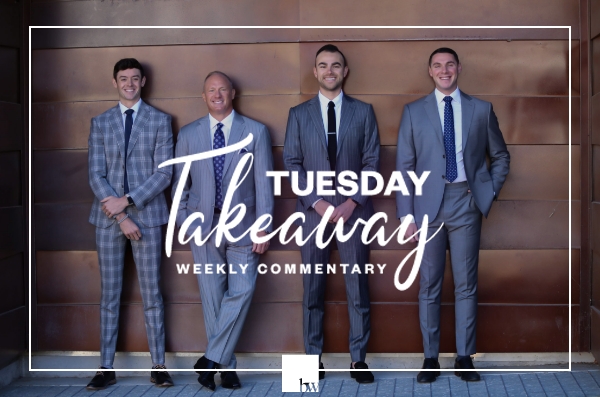“…2014 profits missed estimates by the most in six years and analysts cut their outlooks at the fastest pace since 2009…Yet, it’s mainland individuals who account for at least 80 percent of trades, and they’re still buying shares at a record pace in anticipation of further government stimulus. That helps explain why the highest price-to-earnings ratios in five years have failed to slow the Shanghai Composite’s advance.”
China’s economic growth has also slowed. During the first quarter, its GDP grew by 7 percent. That’s a much better showing than the United States but not so great when benchmarked against previous growth in China. In fact, it was China’s slowest growth since 2009.
The Economist commented, “…the question for China is not whether growth will rebound to anything like the double-digit pace of the past. Instead, it is whether its slowdown will be a gradual descent – a little bumpy at times but free from crisis – or a sudden, dangerous lurch lower.”

How Do You Define Investment Success?
According to Martin Seligman, professor of psychology at the University of Pennsylvania and author of Authentic Happiness, the Duchenne is a genuine smile, typically accompanied by eye crinkling, and it demonstrates real happiness. The alternative, the Pan American, is a counterfeit smile. It may be the one we employ in exasperating customer service situations. The point is: When we are truly happy, our smiles are genuine.
Researchers in the field of positive psychology and happiness have spent quite a bit of time trying to determine whether money makes us happy. There has been no decisive answer to date, although some studies’ findings offer abundant food for thought.
More money means greater happiness.
“…rich individuals are more satisfied with their lives than poorer individuals, and we find that richer countries have significantly higher levels of life satisfaction.”
–Betsey Stevenson and Justin Wolfers of University of Pennsylvania
A dearth of money can cause emotional pain.
“More money does not necessarily buy more happiness, but less money is associated with emotional pain.”
–Daniel Kahneman and Angus Deaton of Princeton University
Experience offers a better value for your dollar.
“People generally believe that making money and obtaining material possessions will improve their lives… However, materialism has repeatedly been shown to be detrimental to well-being…Investing discretionary resources into life experiences, rather than buying material possessions, makes people happier.”
–Ryan Howell et al, San Francisco State and University of Southern California
Anticipation makes experience all the sweeter.
“Four studies demonstrate that people derive more happiness from the anticipation of experiential purchases and that waiting for an experience tends to be more pleasurable and exciting than waiting to receive a material good.”
–Amit Kumar et al, Cornell University
The relationship between emotional well-being and financial well-being is complex and worth exploring. How does money affect your life? Does it make you happy? Could it make you happier?

]]>



 ]]>
]]>